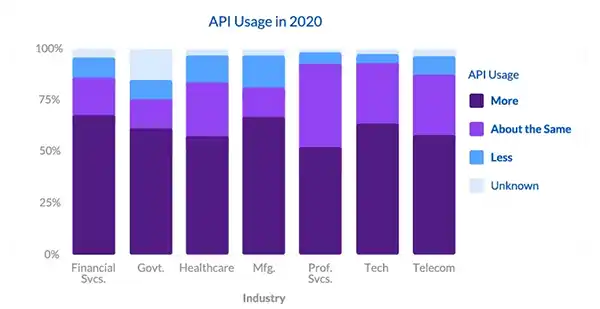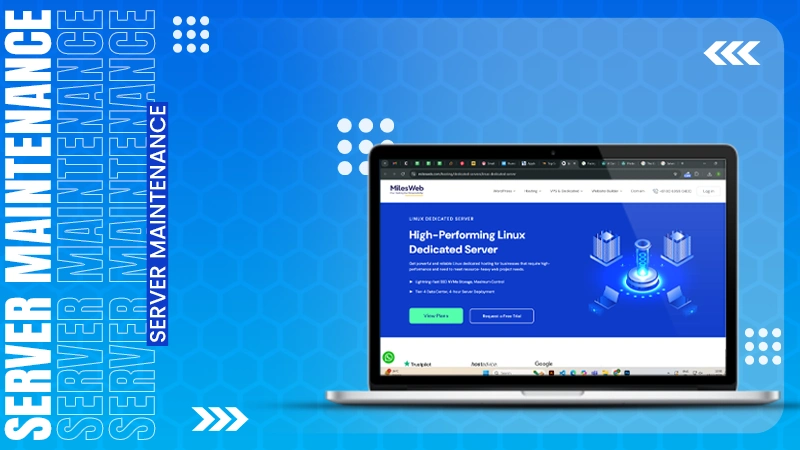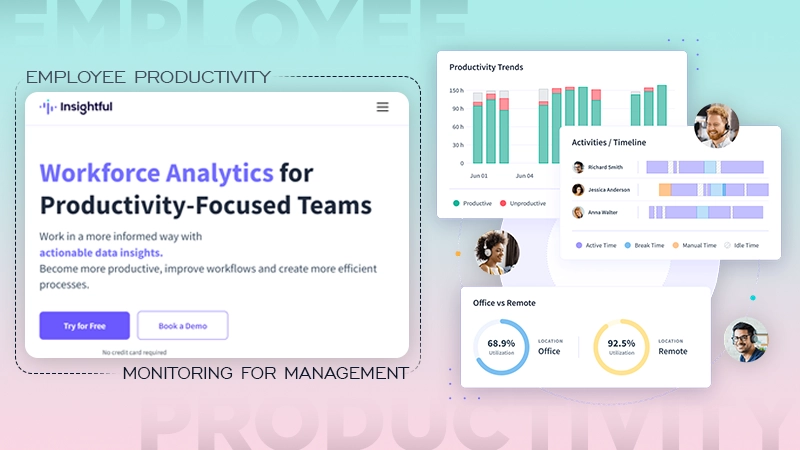How to Create Easy Test Cases for API?
Key Takeaways
|
Test cases for API are imperative for ensuring functionality, security, compatibility, and performance. It helps identify and fix issues early, fosters seamless integration, and contributes to better documentation. API, an Application Programming Interface, is helpful for computer programs to communicate and must be speculated in its functioning. Moreover, API testing supports scalability, error handling, and continuous improvement. In this blog, we will discuss why test cases for API are pivotal.

|
Why are Test Cases for API crucial?
- Firstly, testing ensures that APIs function as intended, preventing potential bugs and errors. By validating inputs and outputs, test cases help identify and rectify issues early in the development process, reducing the likelihood of costly problems in production. It is imperative to scale and understand all the bugs to begin the process of API functions at the earliest. Test cases ensure that all these unwanted bugs are removed before they create big havoc in the business systems.
- Secondly, testing enhances security. By subjecting APIs to various scenarios, developers can uncover vulnerabilities and implement necessary security measures. This safeguards sensitive data and protects the system from potential threats.
- Thirdly, API testing promotes seamless integration with other systems. When APIs interact with multiple applications, compatibility issues may arise. Thorough testing ensures smooth communication between different components, fostering successful integrations. It is imperative for them to function perfectly as it helps the computer programs to converse and thus act as an interface.
- Testing contributes to better documentation. Writing test cases requires developers to understand API functionalities thoroughly, leading to comprehensive documentation. This helps other developers who utilize the API to grasp its capabilities easily.
- Testing facilitates version control. As APIs evolve, new features or changes might be introduced. Running test cases ensures that updates do not break existing functionalities and that backward compatibility is maintained.
- Testing aids in performance optimization. By measuring response times and resource usage, developers can pinpoint bottlenecks and optimize API performance, leading to better user experiences.
- Testing helps meet user expectations. By validating different scenarios, including edge cases, developers can ensure that APIs deliver accurate results, enhancing user satisfaction.
- API testing enhances collaboration within development teams. Test cases provide a common understanding of API behavior, promoting seamless teamwork and facilitating efficient troubleshooting
- Testing supports continuous integration and deployment. Automating test cases allows for frequent and reliable updates, reducing development cycles and accelerating time-to-market.
- Testing helps adhere to industry standards and regulations. Compliance requirements can be met by validating APIs against predefined test cases, ensuring that they meet specific criteria.
- In addition to the previously mentioned reasons, API testing also plays a vital role in maintaining the stability and scalability of software systems. As applications grow and user demands increase, APIs need to handle higher loads and traffic. Test cases help identify performance bottlenecks and ensure that APIs can handle the expected volume of requests without crashing or slowing down.
- Test cases provide a safety net during code refactoring and updates. There is a chance of accidentally introducing new problems or disrupting current functionality when developers make modifications to an API. Test cases serve as a safety net, identifying regressions and letting developers find and address problems right away.
- API testing assists in detecting and resolving interoperability problems. Different platforms, devices, or browsers may interact with APIs in distinct ways, leading to compatibility issues. Comprehensive testing ensures that they work seamlessly across various environments and configurations.
- Testing helps identify and optimize resource utilization. APIs consume system resources such as memory, CPU, and network bandwidth. Running test cases with resource monitoring enables developers to fine-tune API implementations, reducing unnecessary resource consumption and enhancing overall system efficiency.
Conclusion
With thorough API Test Cases, developers can deliver reliable, performant, and user-friendly products that meet the demands of a constantly evolving digital landscape. It is pivotal to have these tests as they do various significant jobs like curing issues, addressing the problem to developers, detecting and resolving interoperability problems, reducing development cycles by providing frequent and reliable updates, and much more.
As API ensures that the computer program is able to converse, i.e., it acts as an interface; it is vital for it to work without any disruptions. API Test cases are comprehensive testing that ensures that APIs are working perfectly by acknowledging the developers with the problems.








